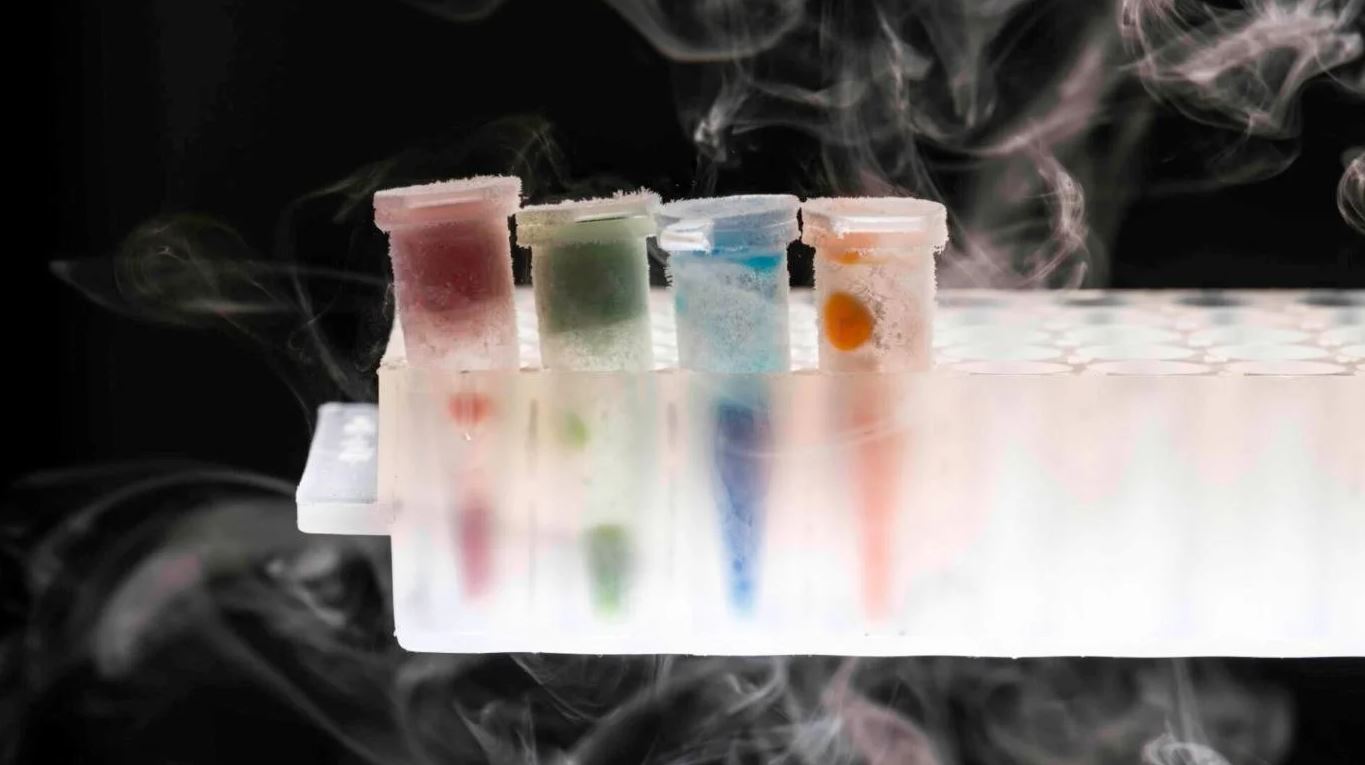A group of 10 undergraduate students from the University of Rochester have developed an affordable 3D-bioprinting system to replicate chemicals found in endangered and non-endangered plant species, which are threatened by climate change, invasive pests, diseases, and farming practices struggling to meet the demand for end products.
Calling themselves “Team RoSynth,” the students created an affordable 3D-printing system for optimizing production of in-demand, plant-derived drugs and pharmaceuticals.
Team RoSynth’s ingenuity lies in their ability to 3D print living organisms. Their printer uses hydrogels, jelly-like structures, to house genetically modified bacteria and yeast. These microbes don’t just co-exist; they each play specific roles within the hydrogel, enabling a more efficient and rapid production process.
While the yeast and bacteria need to grow separately to avoid outcompeting each other, they also require communication to build the final drug compound. “To solve this tricky problem, the students devised an ingenious solution,” says Anne S. Meyer, an associate professor in the Department of Biology and one of the advisors for Rochester’s team. “The yeast and the bacteria were 3D bioprinted in hydrogels, so the microbes were kept separate from each other, but the molecules they produced could exchange freely.”
“Examples of specific drugs that might benefit from the methods and technologies developed by Team RoSynth include aspirin, which is derived from willow tree bark, and the cancer drug taxol, developed by species of yew trees that have been identified as needing protection” the researchers stated.
Part of the team’s mission was to create an affordable bioprinter with an open-source design to empower others to explore synthetically creating plant-based chemicals. “A typical bioprinter will cost over $10,000, but we engineered one under $500,” says Allie Tay, a biomedical engineering major.




